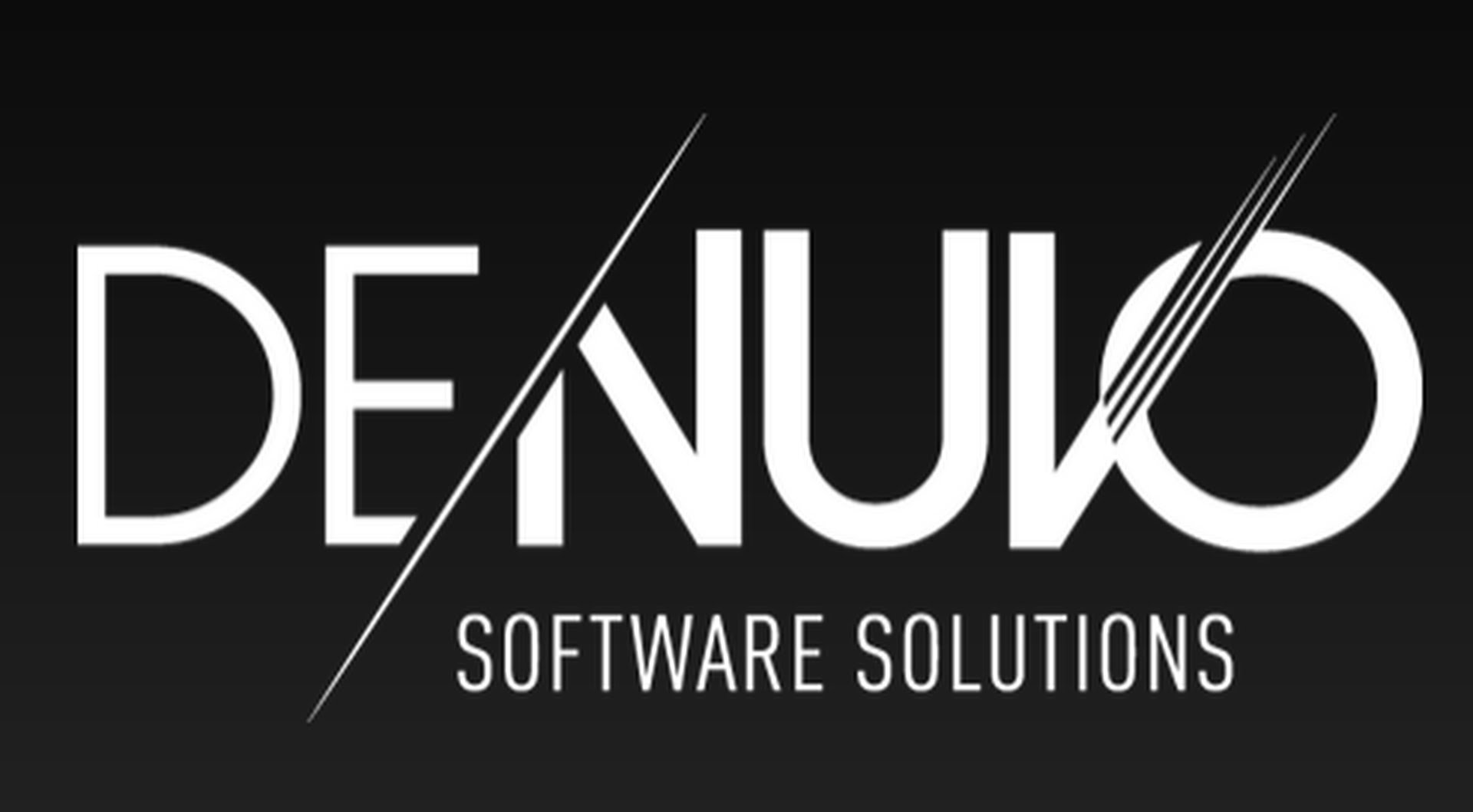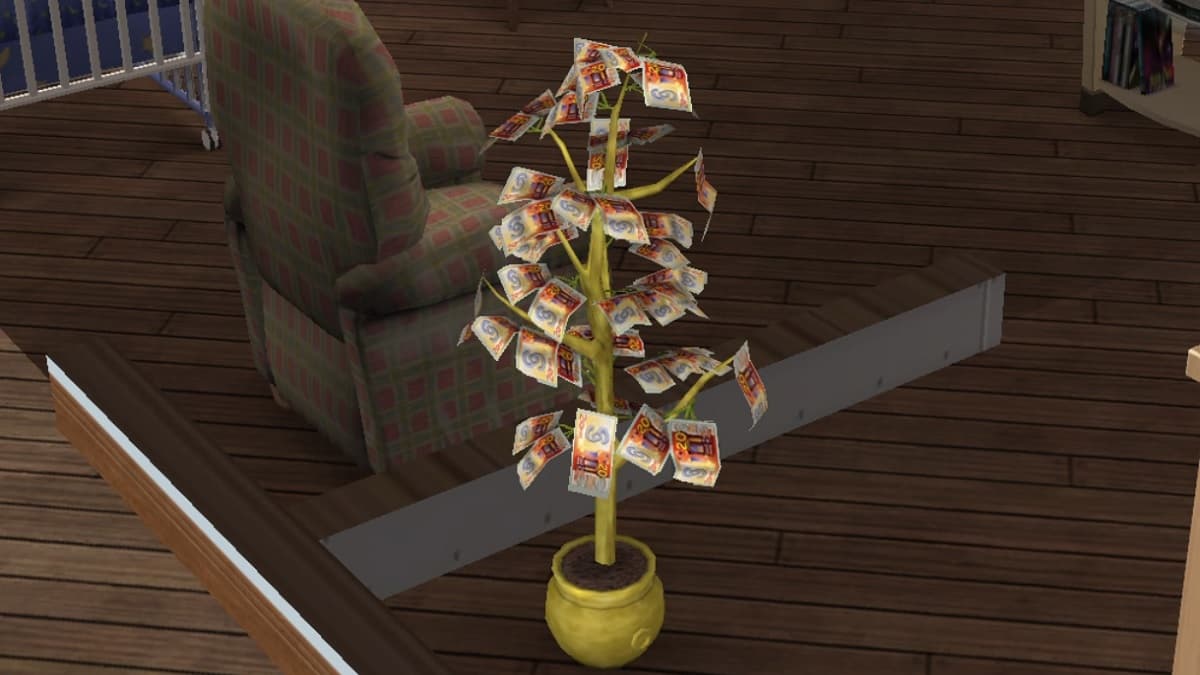Once upon a time, hackers and developers alike thought Denuvo signaled the end of video game piracy. Fast forward through a few years and several additional versions of the anti-pirating software, and now it’s about as intimidating as a newborn kitten. Earlier in the year, hackers managed to cut down the time it took to break Denuvo in a game from a month or so to a few days — and recently, Sega’s Total War: Warhammer 2 was cracked in just 10 hours.
Games cost a lot of money to develop, especially AAA titles like Resident Evil 7: Biohazard and Total War. So it’s little wonder developers want to limit piracy as much as possible. However, now that Denuvo seems pretty much pointless because it’s getting cracked on every game that features it, one has to ask why developers continue to use the software at all.
There are a couple of answers to that. In the end, it may very well be that it’s time for developers to move on to other ways of combating piracy, but the current methods of doing so (Denuvo included) offer the most benefit — for now.
What the Heck is Denuvo?
Denuvo is an anti-tampering technology developed by the eponymous Austrian company. It is and isn’t DRM in itself, being a type of rights management. But instead of being a standalone program, it works with a game or platform’s existing DRM to help make it secure.
For example, Sonic Mania didn’t have two types of DRM — Denuvo was just there to make Steam’s notoriously light DRM difficult to get through.
It’s rather expensive for developers to use Denuvo, so you’ll mostly find bigger name companies like Sega, Ubisoft, or Capcom employing it. But that’s not always the case, as Grey Box used it for a time with RiME.
Beyond the obvious reasons of wanting to demo a game or not wanting to pay for it, there are a couple of reasons why gamers loathe the sound of Denuvo’s name as well. Some claim it negatively affects a game’s quality, either through slowdown or something along those lines.
Developers are always quick to say Denuvo as nothing to do with a game’s performance though, just as Sega did with the Sonic Mania offline-play controversy. A more pressing issue, at least from a developer’s viewpoint, is that a lot of players are quick to say that DRM of any kind just shows that developers don’t trust consumers.
To that end, some notable figures in the industry, including Super Meat Boy’s Tommy Refenes and the developer behind The Witcher, refuse to implement Denuvo or DRM, arguing that trusting the consumer and developing quality games will go further in preventing problems. The boost in popularity from such a move wouldn’t hurt either.
The Benefits
In spite of all the hubbub around it, Denuvo continues to be used. Why is that? There has been some chatter around the Internet that developers are entitled to a refund if Denuvo gets cracked within a certain timeframe. Kotaku spoke with a Denuvo representative and posed that same question. The representative’s response was slightly ambiguous, saying he couldn’t speak about arrangements with individual clients but that refunds were not offered as part of the deal. If these arrangements with individual clients do include refunds, then it’s not a difficult decision for a developer to make — since one way or another, that developer wins.
So where does that leave Denuvo? After first claiming to be impenetrable, Denuvo now claims that the product will last a couple of days or a week, and that still means it fulfills its purpose. The rationale behind that claim is that most games, especially highly anticipated ones, are pirated shortly after the launch period. In that view, even 10 hours of protection might translate into a significantly lower number of pirated games than no hours of protection.

Image via YouTube
Additionally, Denuvo has gone through several versions in its lifetime so far — each claiming to be tougher to crack than the last. The fact that Denuvo is unique for each game means that cracking one won’t automatically allow a pirate to crack another. So if another update is issued, then it could be back to taking a longer time for hackers to break through again. Perhaps developers are banking on that as an extra layer of security that will prevent their specific game from getting cracked quickly and letting pirates have a field day.
Is It Worth It?
Whether using anti-piracy software like Denuvo really translates into higher numbers of legitimate purchases and more profit is another matter. A European Union Special Commission recently investigated the effects of piracy on video game developers. The result? Profits showed no negative effects as a result of piracy, and there tended to be a positive relationship between higher numbers of pirated games and higher legitimate sales. What that means is people who pirated games ended up wanting to buy a copy of the real thing, for one reason or another.
However, it’s also important to note that the Western European countries examined for this investigation have historically low numbers of pirated games compared to the rest of the world. TinyBuild, developer of Punch Club, experienced this firsthand when it came to localizing their game for a global audience. France and Germany were more likely to buy legitimate copies of the game once it was translated into their respective languages — with 46% of downloads being legitimate. Meanwhile, legitimate downloads for localized versions in the the US were between at 26.2%. In Brazil, after the game was translated into Portuguese, only 373 out of over 11,000 copies of the game were purchased legitimately — that’s a mere 3.3%.
This has led to the proposition that perhaps punishing regions more prone to piracy when it comes to localization might be an effective way of handling the problem, rather than resorting to expensive DRM like Denuvo. But that’s not likely to work either. For example, Chinese hackers extensively pirated the English version of Punch Club — so if pirates want it badly enough, they’ll find a way to get it. Moreover, that kind of punitive action is exactly what Refenes warns against as far as turning away potential consumers.
What Does the Future Hold?
Will Denuvo disappear completely? Denuvo itself probably does bring some benefit or other to developers as well, whether through encouraging legitimate sales for as long—or short—a time as possible, or through the shadowy possibility of refunds for cracked products. The prospect for updated versions doesn’t hurt either.
It’s not likely that Denuvo will be replaced by some other DRM-free approach to anti-piracy any time soon, given the fraught nature of that approach. And any DRM-focused replacement for Denuvo would likely just end up with the same problems and payoffs as Denuvo.
In the end, it seems likely the reason developers continue to use Denuvo is that, for now, it’s the most effective way of combating piracy, even if it does lead to some embarrassingly quick cracks and general fan outrage.
Header image via WordPress











Published: Oct 2, 2017 11:27 pm